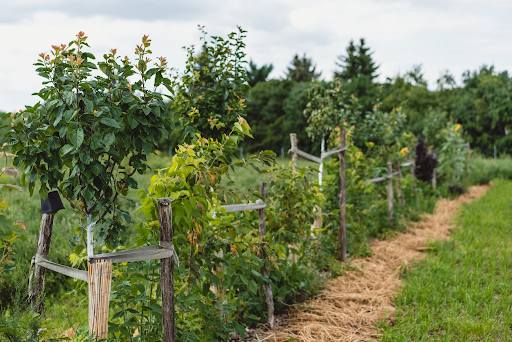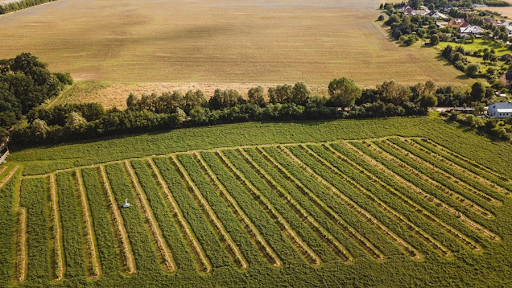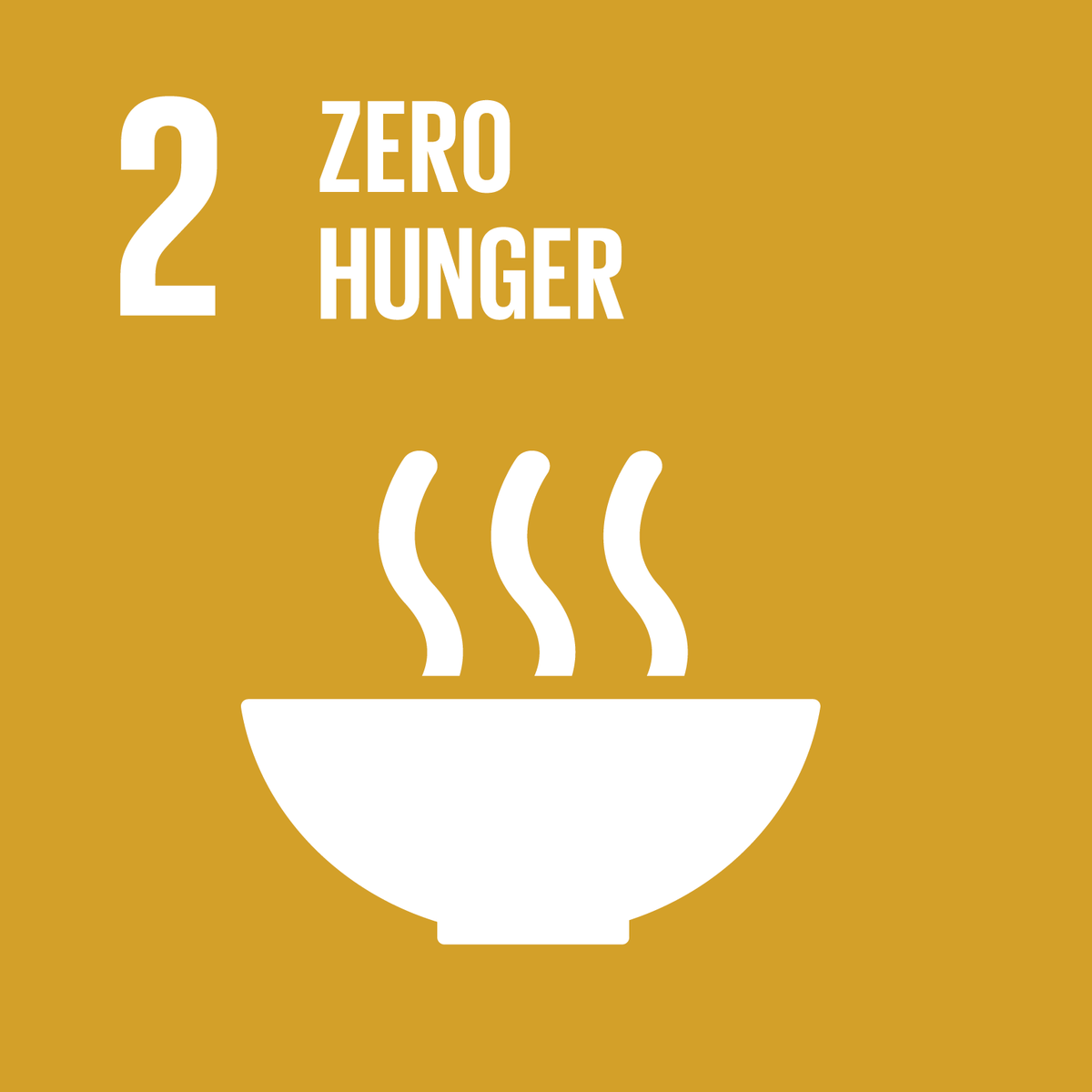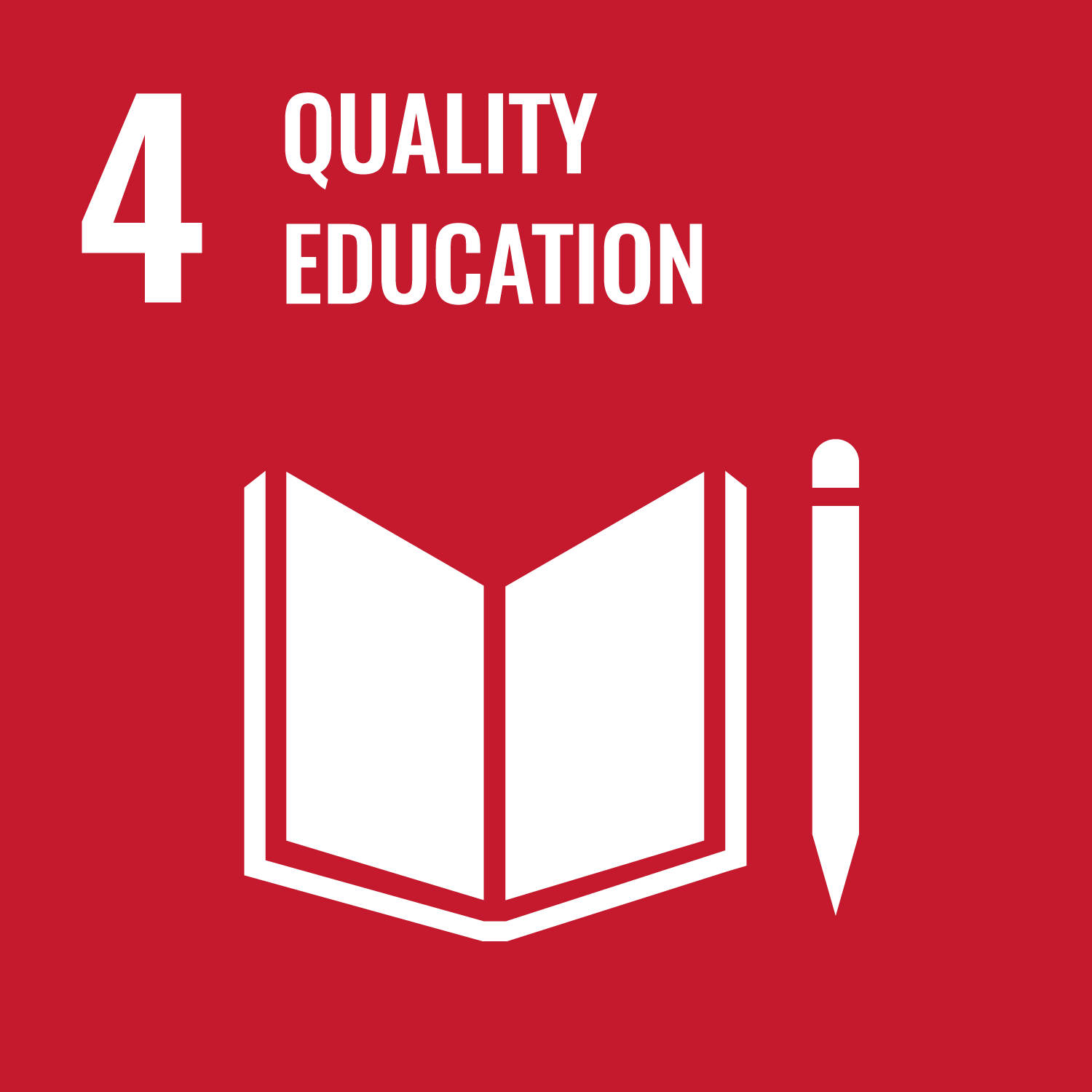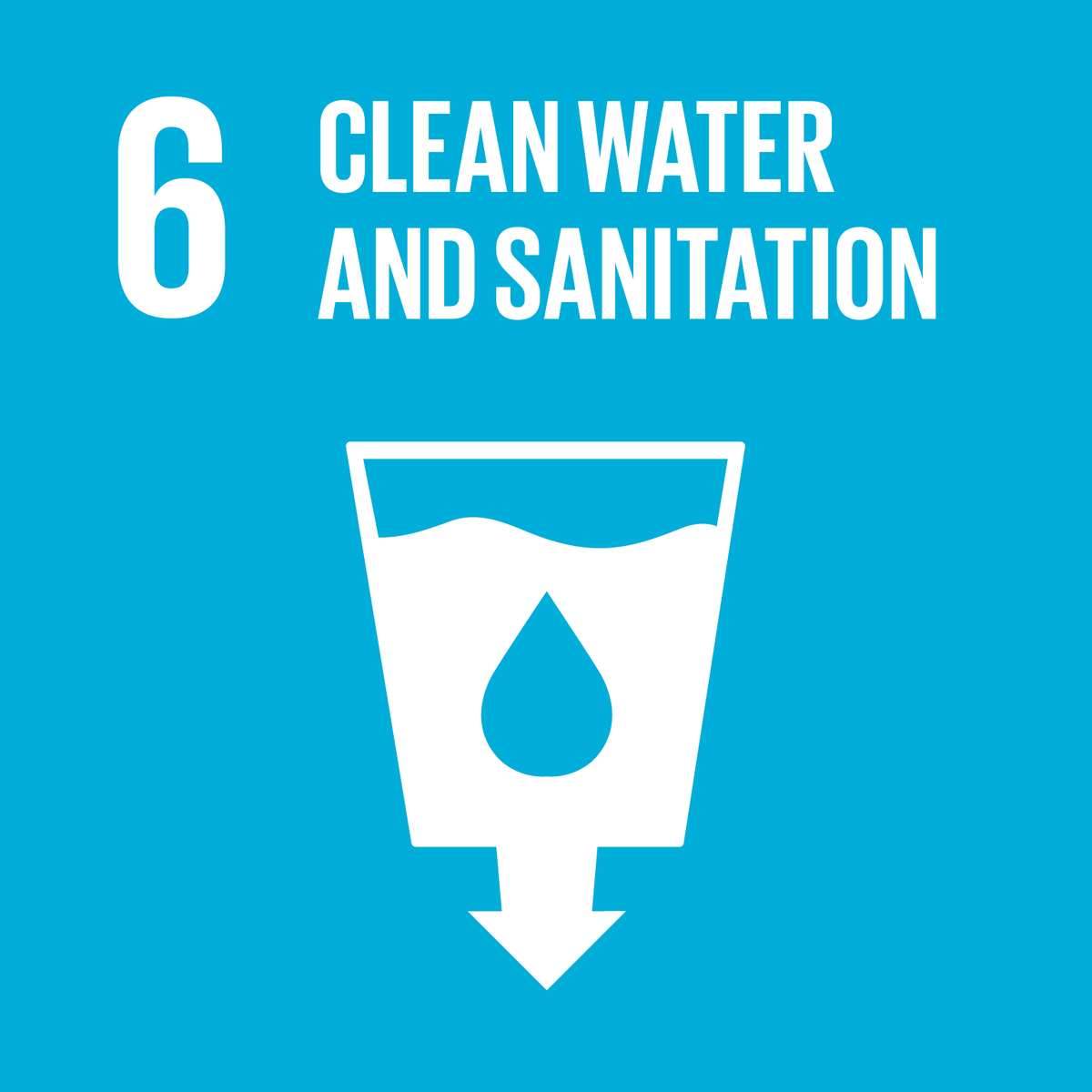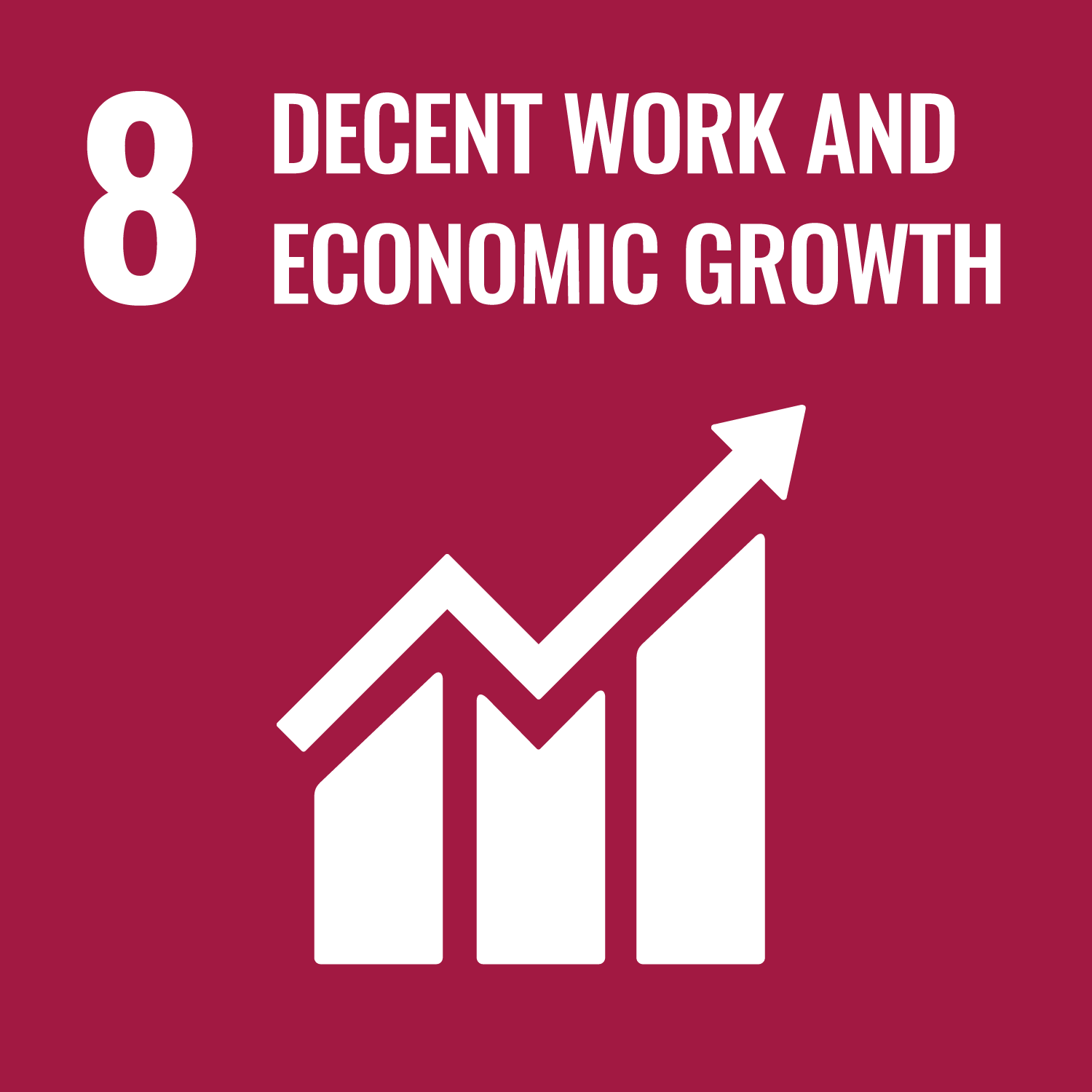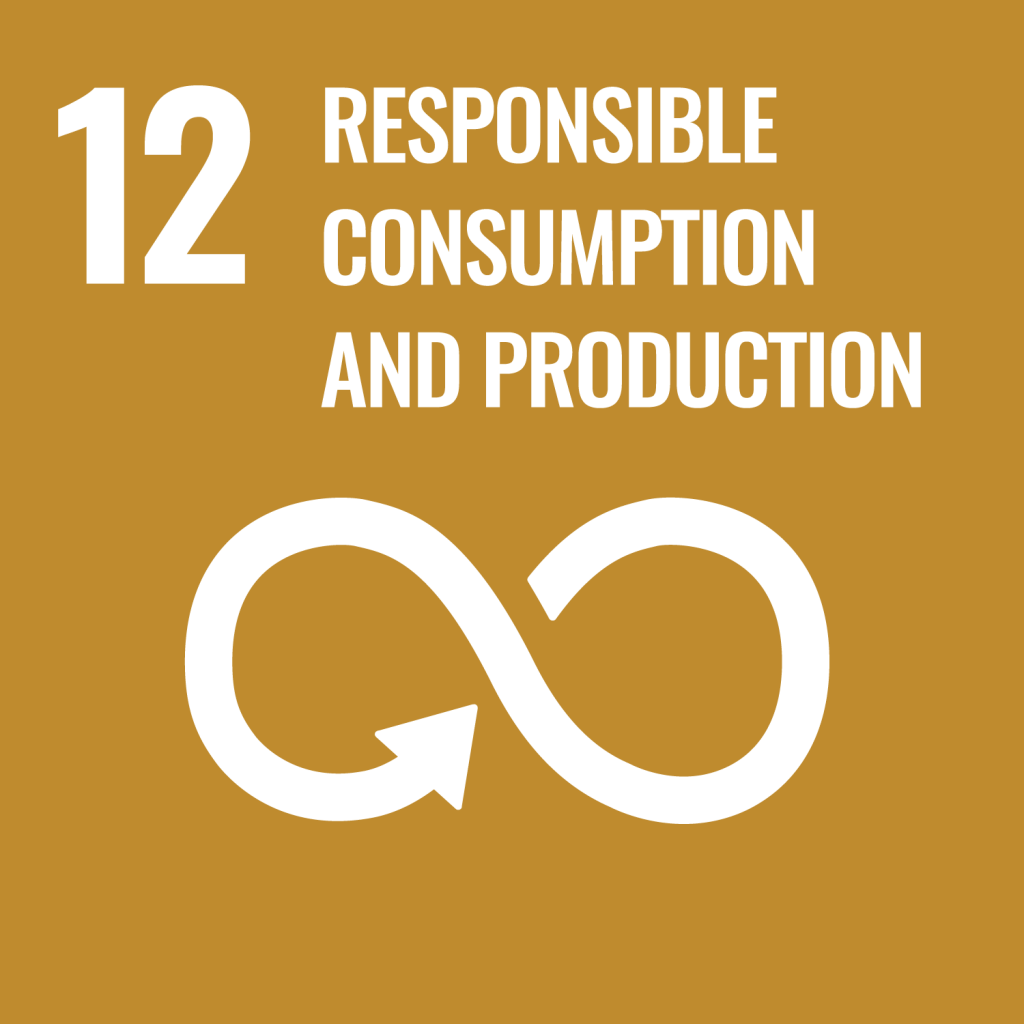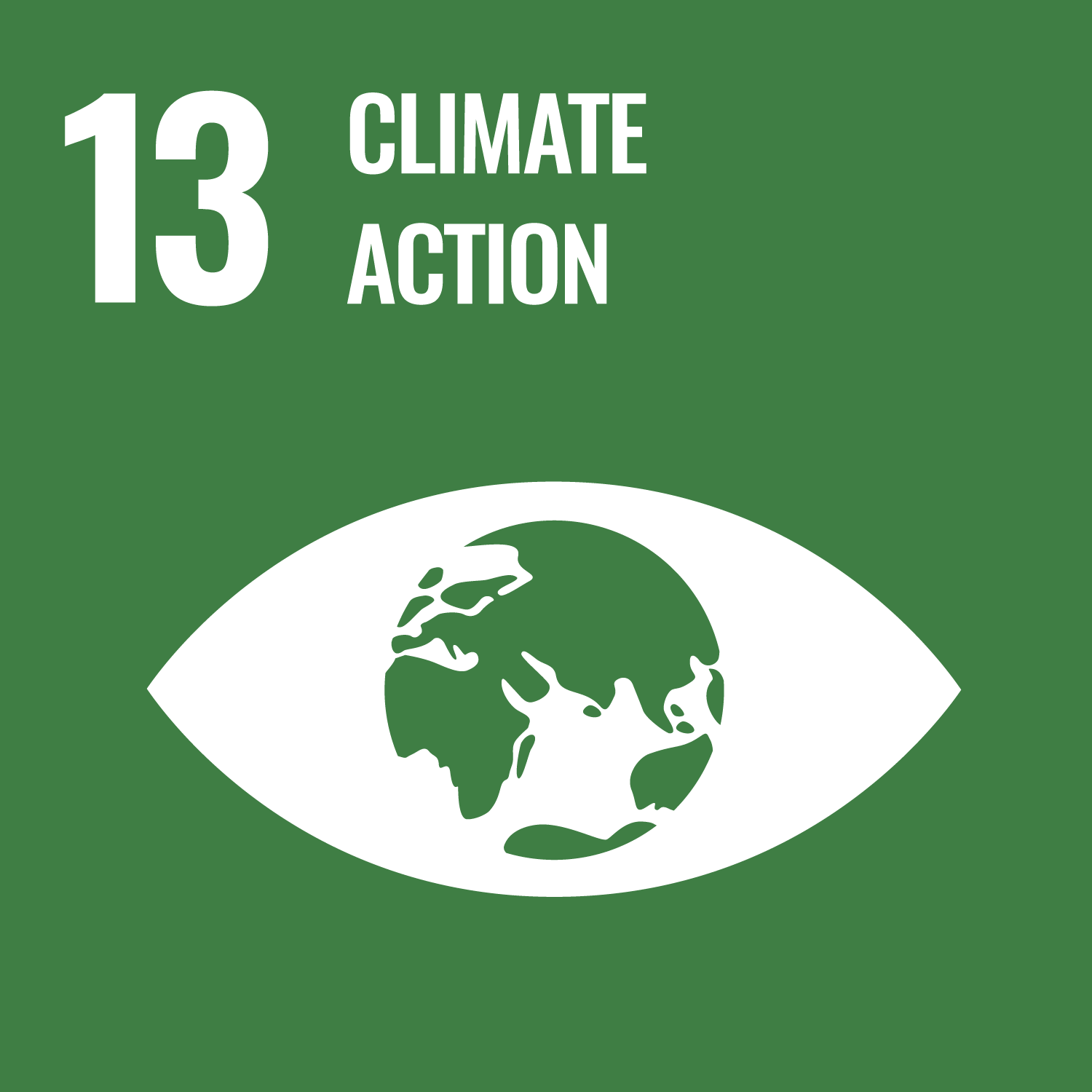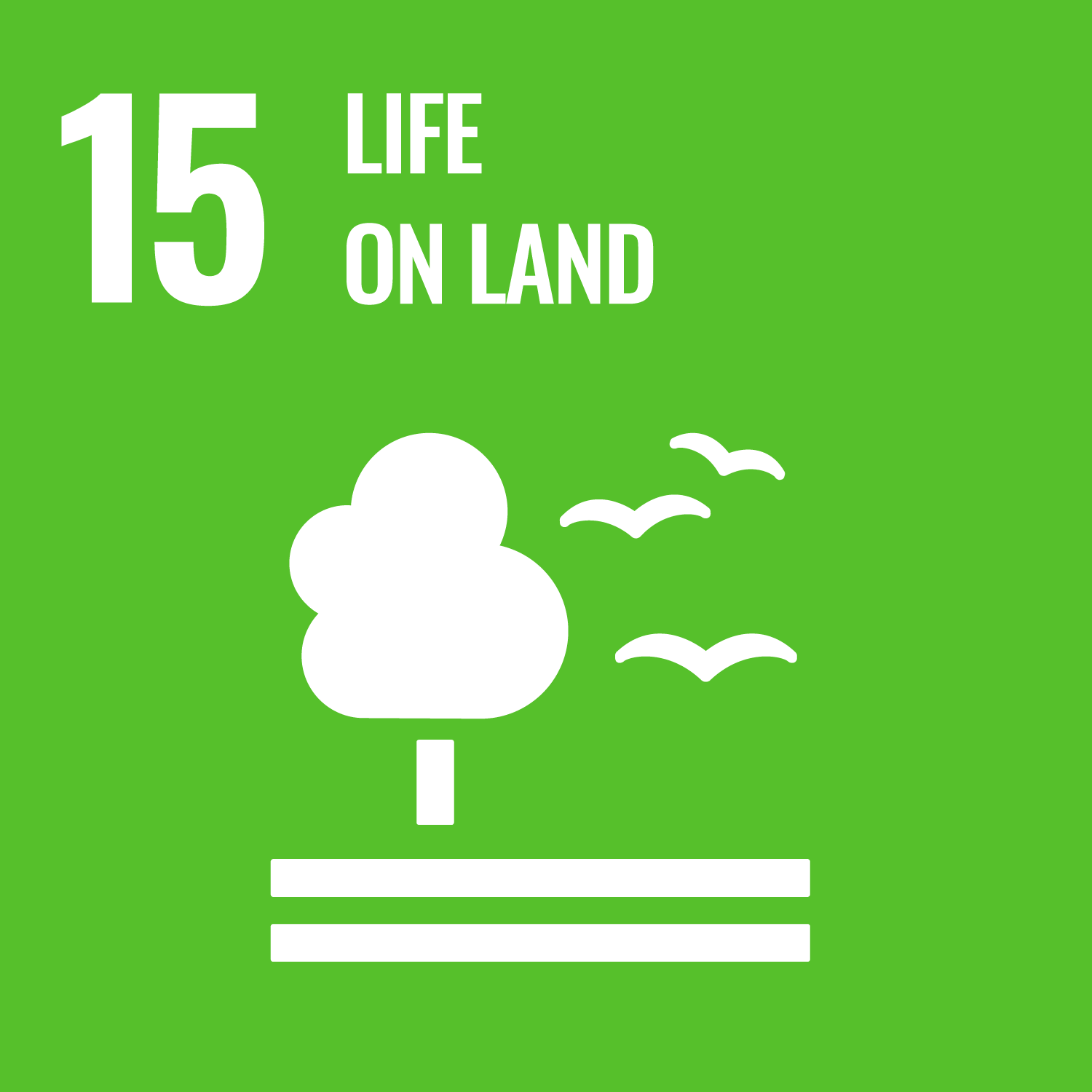Gut & Bösel: Agroforestry for Water Resilience
This project transforms 121.2 ha of conventional arable land into a climate-resilient agroecosystem by integrating 18.3 ha of perennial agroforestry (AF) strips. A total of 163,000 trees and shrubs will be planted in diverse rows within cropland, following syntropic agriculture principles.
Through continuous biomass recycling (“chop & drop”), soil carbon and fertility are increased, boosting water retention and resilience to drought. The system moderates the microclimate, reduces erosion and runoff, and creates a shift from annual monocultures to long-term perennial production.
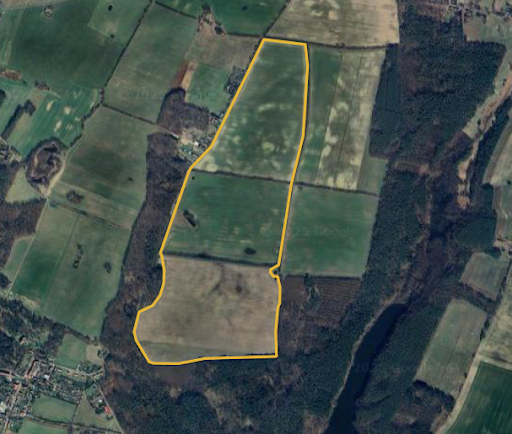
Objectives
The project is designed to improve the soil’s capacity to retain water, helping fields stay fertile even in times of drought. By reducing runoff, erosion, and nutrient leaching, it will protect the land from degradation while also enriching it with more organic carbon and higher fertility. Beyond soil health, the work will contribute to biodiversity by creating new habitats and improving ecological connectivity across agricultural landscapes. At the same time, the approach supports diversified and resilient farm production, offering farmers more stability in the face of changing conditions.
Impact
The benefits of this project will be felt on many levels. Water management will improve, with higher retention in the soil, less runoff and erosion, and cleaner groundwater. The climate will also benefit, as carbon is sequestered in both soils and biomass while moderated microclimates make farming more sustainable. Biodiversity will flourish through the creation of habitats for pollinators, birds, small mammals, and soil organisms. Local communities and farmers stand to gain too, with more diversified yields and stronger long-term resilience. When paired with educational activities, the project can also open its doors to schools and volunteers, creating opportunities for learning, participation, and deeper engagement with the environment.
How do we measure this impact?
Number of trees planted
Hectares of cropland transitioned into AF systems
Tons of CO2 eq absorbed**
Community members and students engaged
Jobs created or supported locally
Extended monitoring options available (soil carbon, biodiversity, yield diversification).
Supporting this project means supporting the following SDGs:
If you are interested in this project, reach out here:
